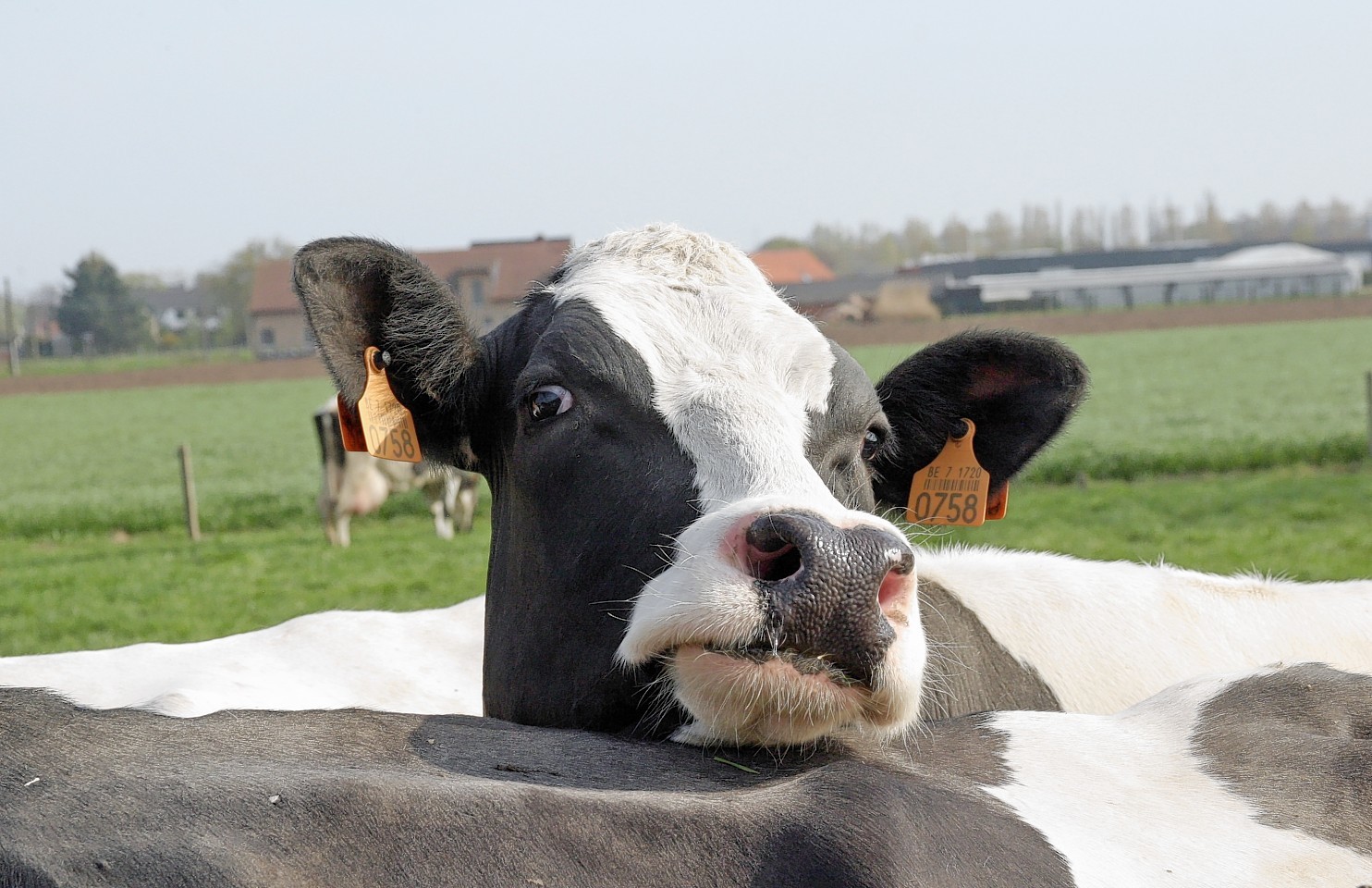British researchers have developed a new blood test for TB in cattle which can deliver results within six hours.
The test is used to detect levels of mycobacterium bovis (M. bovis), which causes bovine TB, in a cow’s blood.
Developed by a team at the Nottingham University, the blood test can deliver results in just six hours and experiments have shown it is more sensitive than the current Single Intradermal Comparative Cervical Tuberculin (SICCT) skin test.
Cath Rees, who led the work, said the team had used a blood testing technique patented by the university to test blood for M. bovis, and refined it to deliver results within six hours.
Ms Rees said: “The data we are getting has taken the scientific community by surprise. In our paper we show that when blood samples from skin test negative cattle were tested for M. bovis cells, all the samples proved negative.
“However using just a 2ml blood sample, viable Mycobacterium tuberculosis complex bacteria (MTC) were detected in 66% of samples from skin test positive animals. When the carcases were inspected, it was found that the highest number of bacteria were detected in the animals with visible TB lesions (VL) and 85% of these VL animals were M. bovis positive.
“More excitingly, using our new more sensitive six-hour method, this figure is even higher – all animals with visible lesions were MTC positive, and even 26 out of 28 animals where the lesions were not yet visible also were positive suggesting that M. bovis is commonly found in the circulating blood of infected animals.”
She said difficulties in achieving sensitive disease detection with the current skin test, which looks for the animal’s immune response, were a major barrier to understanding and diagnosing TB in cattle.Early results indicated that M. bovis can be detected in a cow’s blood before it becomes SCCIT-positive, added Ms Rees.
“Using our bacteriophage-based test the hope is that we can help improve herd control by finding animals at the early stages of infection and helping farmers control outbreaks of bTB more rapidly,” she said.
The test also offered the potential for new, better test for other farm animals.
Ms Rees said: “We are directly detecting the bacteria and so the method will work using blood samples from any animal species – so far we have detected mycobacteria in the blood of cattle, sheep and horses, but it could also be used for deer, goats or llamas. Not only that, we can detect any type of mycobacteria, we have use the same method to detect other diseases, such as Johne’s disease, not just bTB.”
